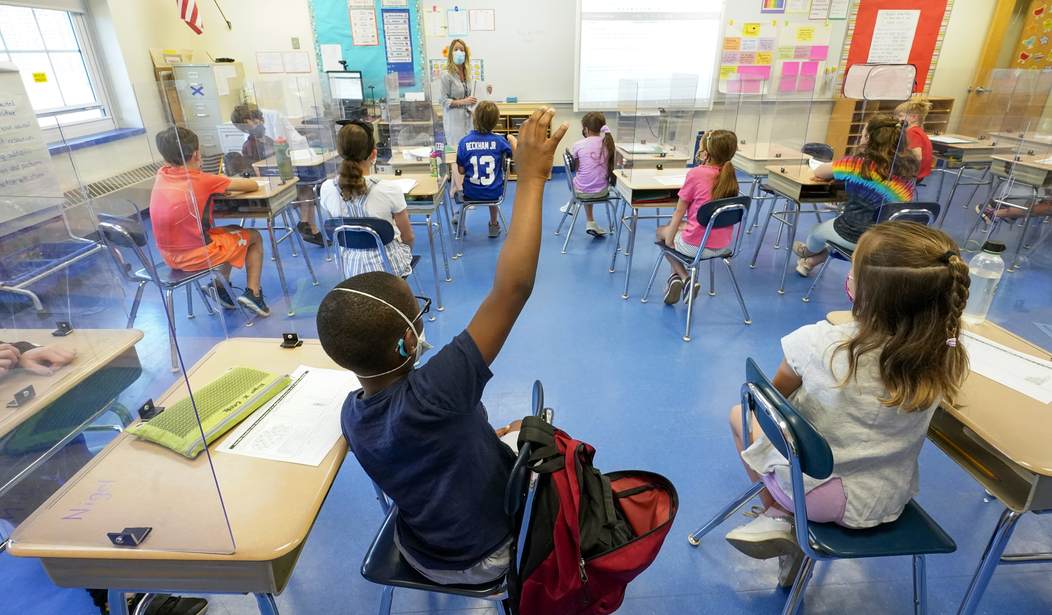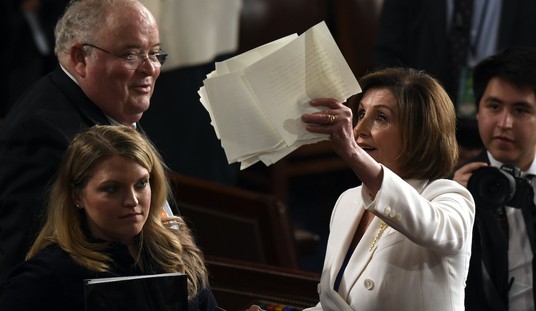Now that the presidential election is out of the way, perhaps we can focus more on state and local issues like education. In fact, the battle over school choice at the state level is expected to be heating up once the new year starts – especially in Tennessee and other states.
Tennessee Governor Bill Lee and Republican state legislators unveiled the Education Freedom Act of 2025 earlier in November. This is a proposal that would grant 20,000 vouchers worth $7,075 to families seeking alternatives to government-run schools.
Naturally, the initiative has sparked a fierce debate between those who believe parents should be empowered to decide how and where their children are educated and those who view the government as the best arbiters of these decisions.
House Majority Leader William Lamberth touted the bill, saying it “leaves no stone unturned when it comes to providing the very best educational path to set the next generation up for success.”
Lamberth also argued that the proposed legislation “empowers parents – not the government – to make decisions about the unique needs and diverse interests of their children.”
This is a proposal that Gov. Lee also favors. “Every family ought to have the opportunity to choose the best path for their kid…This is a way to challenge and change and bring innovation into an education system that’s grown stale and bloated and bureaucratic,” he told Fox News.
Meanwhile, President-elect Donald Trump pledged to eliminate the Department of Education while campaigning.
Democrats and advocates for government-run schools are less than impressed by the proposed measure. House Minority Caucus Chair John Ray Clemmons said; “It’s offensive that [Lee’s] trying to attach teacher bonuses and school construction funds that are badly needed to this scam.”
"It’s remarkable to see voucher advocates continue to pursue a failed policy just hours after voters in multiple Republican states strongly rejected vouchers on the ballot last night," Tennessee Education Association President Tanya T. Coats said in a statement. "Teachers aren’t fooled by the promise of a small bonus in exchange for a bill that would lead to public schools closing across the state."
Coats said Tennessee should focus on rebuilding schools in storm-ravaged parts of Northeast Tennessee instead of hashing out what she called "an unpopular, unaccountable, unaffordable voucher concept that’s never delivered on its promises and financially devastated other states."
Nevertheless, those who believe the government is not the best entity to decide where children should receive their education view this as a potentially transformative piece of legislation.
"The timing of this bill couldn’t be better as families across our state have already started the school selection process for next year, and these scholarships would provide opportunities for thousands of students,” said Shaka Mitchell of the American Federation for Children.
The stakes will certainly be high during Tennessee’s next legislative session. It could determine the trajectory of education in the Volunteer State. Perhaps the Education Freedom Act might become a model for other states to follow.
Indeed, recent years have brought some fiery battles over education amid debates over the infusion of progressive ideas on racism, gender identity, and other issues in the classroom. School choice has been promoted as a potential solution to this problem.
Advocates have argued in favor of Educational Savings Accounts (ESAs) and school vouchers, arguing that they give families more control over their children’s education. For example, ESAs give parents access to state-supervised flexible spending accounts that can be used for approved educational expenses such as private school tuition, online courses, or tutoring.
This means that educational opportunities are no longer dictated by geographic or socioeconomic limitations. ESAs would also remove barriers created by income-based restrictions. This would go a long way toward providing more opportunities for low-income families.
Of course, I would prefer a future in which the government is not involved in education at all. But such a scenario might not materialize in the near future. School choice measures, however, are a positive step in the right direction.













Join the conversation as a VIP Member